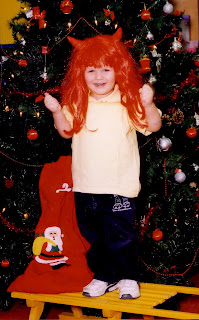by Miroslav Ilić
Exercise 1: Write down the conjugations of the verbs below
Past Tense for First Person Sg. Masculine of the following verbs:
ZNATI = know
ŽELETI = want
DATI = give
PITI = drink
KRITI = hide
LJUBITI = kiss
GUBITI = lose, waste
Exercise 3: Negative form of 'there is'
Exercise 4: Present Tense for Third Person Singular of the following verbs:
KRITI = hide
UZDISATI = sigh
ČUVATI = save/take care of
MIRISATI = smell
Ja sam do sad mnoge žene _____________ (I met)
al' za ljubav ipak nisam _____________ (I knew)
ljubio sam sve sto sam _______________ (I wanted)
al' sam samo tebi srce _______________ (I gave)
ljubio sam sve sto sam _______________ (I wanted)
al' sam samo tebi srce _______________ (I gave)
Chorus 2x
Vino ____________ (I'm pouring), a vino __ ________________ (I'm not drinking)
srce imam, osećanja __________________ (I'm hiding)
usne imam, al' koga ___ _______________ (to kiss (I))
kad si s drugim, a ja mladost _________________ (I'm wasting)
_____________ (there's no) vina da mi bole smiri
_____________ (there's no) pesme da srce umiri
_____________ (there's no) noči da mi oči sklopi
hej ljubavi, ti mi dušu opi
hej ljubavi, ti mi dušu opi
Chorus 2x
Što se ljubi kad se ljubav ______________ (is hiding)
što se voli kad srce ____________________ (is sighing)
što se čuva cvece najmilije ______________ (is saving/taking care of)
kad ga drugi bere i _______________ ((he) smells)
Chorus 2x

.png)













